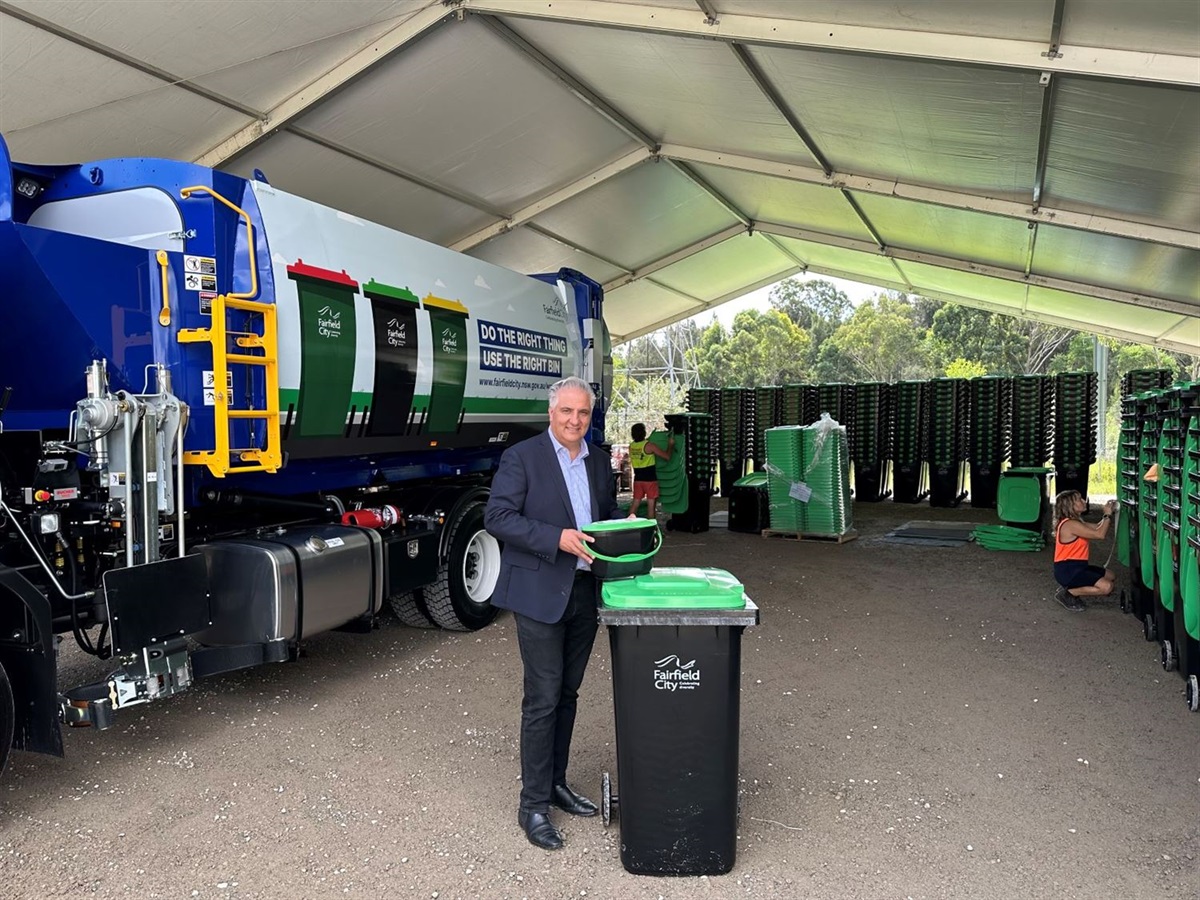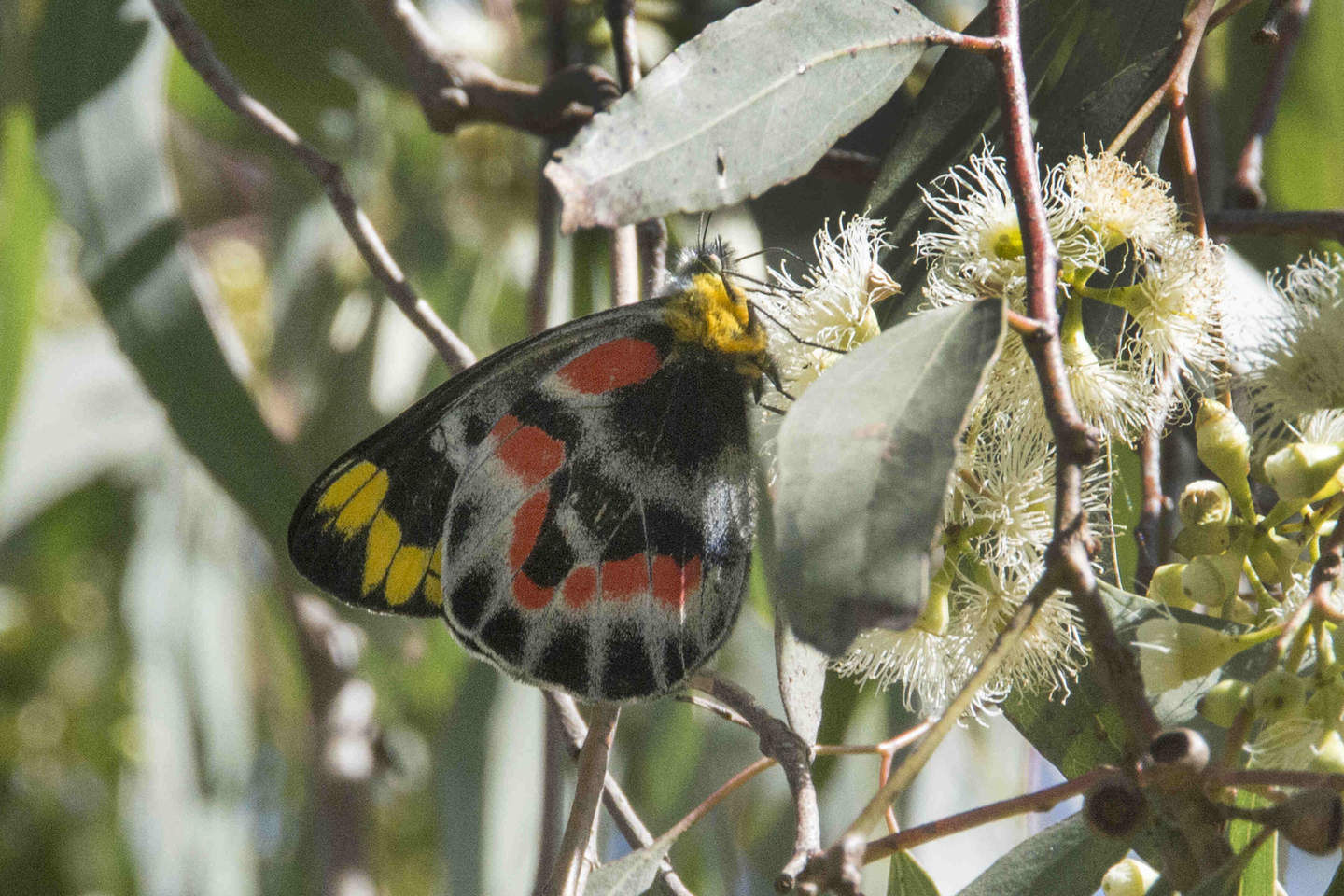Textile, clothing and footwear manufacturers remain committed to local manufacturing and retaining jobs in the industry post COVID-19 according to a survey by Ethical Clothing Australia. The survey of 34 Australian textile, clothing and footwear manufacturers was conducted in the lead up to Ethical Clothing Australia Week which runs from18-24 October.
One hundred per cent of businesses surveyed say they are committed to local manufacturing and retaining local jobs, and more than 70% reported that more customers are asking questions about the labour rights of the people who made their clothes.
And in a rare upside to the COVID-19 pandemic, local garment manufacturers have seen an increase in both new customers and online sales. Almost 60% of survey respondents reported an increase in new customers and 49% have seen an increase in online sales.
Despite the promising responses, the local textile, clothing and footwear industry has felt the effect of COVID-19. While many manufacturers changed operations in a pandemic-inspired pivot to supply vital protective garments and face-masks, many more have needed to suspend operations and close their stores and the survey results revealed that some are uncertain about their future.
Ethical Clothing Australia Manager Angela Bell said the results supported the view that despite these extraordinarily difficult times, there is a rising interest in local and ethical manufacturing.
“There are definite signs of hope such as these are worth celebrating,” said Angela Bell.
“We have received almost double the number of applications for accreditation and we have almost doubled the number of accreditations, when compared to this time last year.”
“This means business sees value in being transparent about their supply chains and they see value in ethical treatment of workers,” she said.
“The ultimate beneficiaries of this work is the workers in the industry as the audits and compliance work undertaken by the Textile, Clothing Footwear Union (TCF Union) as part of this program commonly find breaches across pay, entitlements and safety that must be rectified.
“The Union have completed more than 525 compliance checks this year and they have had more than 262 outworker contacts – again exceeding the volume of work undertaken when compared to this time last year.”
This year Ethical Clothing is celebrating 20 years since its beginnings. The organisation was created in response to rising concern about the exploitation of Australian garment workers, particularly of outworkers (otherwise known as homeworkers) in local supply chains. Businesses that were doing the right thing were being tarnished by the poor practices of other operators and local retailers and manufacturers were seeking a solution to recognise those that were adopting ethical practices. The organisation is a business, employer and union collaboration. To celebrate the 20 years, ECA is launching the first-ever Ethical Clothing Australia Week.
Ethical Clothing Australia Week will be launched by the Hon. Martin Pakula Minister for Industry Support and Recovery at 12 noon today. Ethical Clothing Australia operates with the support of the Victorian Government.
#ECAWeek2020 is the first and only Australian week-long event focused on locally-made, ethically-manufactured clothing, textiles and footwear. The week will celebrate the brands, the designers, and importantly the skilled workers behind the garments that fashion consumers buy, through events and online activities.
- Ethical Clothing Australia Week Launch (online) – 12 noon today, Fri 16 Oct
- Live recording of The Quick Unpick podcast – Mon 19 Oct
- Digital goodie bag including special offers from some of Australia’s leading fashion brands
- Virtual tours of studios and factories, workshops, social media and videos for a behind-the-scenes look at ethical garment making.
As stated by the Hon. Martin Pakula, Victorian Minister for Industry Support and Recovery
“The success of Ethical Clothing Australia’s accreditation program is a testament to what can happen when business, unions and government collaborate for the good of the industry and the people who work in it.
“I commend the textile, clothing and footwear manufacturers who have voluntarily sought accreditation for adopting ethical employment practices, and I would like to see more manufacturers get on board.”
As stated by Jenny Kruschel, TCF Sector National Secretary of the Manufacturing Division of the Construction Forestry Maritime Mining and Energy Union:
“By ensuring Australian textile, clothing and footwear supply chains are fully transparent and legally compliant, Ethical Clothing Australia’s accreditation program gives consumers confidence the garments they buy are made by workers that are being paid Award wages and entitlements.”
As stated by Gary Campbell, Operations Manager, Nobody Denim:
“It is incredibly important to have a level playing field in this industry and for local businesses who are doing the right thing by their workers to get the information and advice that they need to ensure that they are meeting their legal obligations – that’s what Ethical Clothing Australia’s accreditation program provides.”








